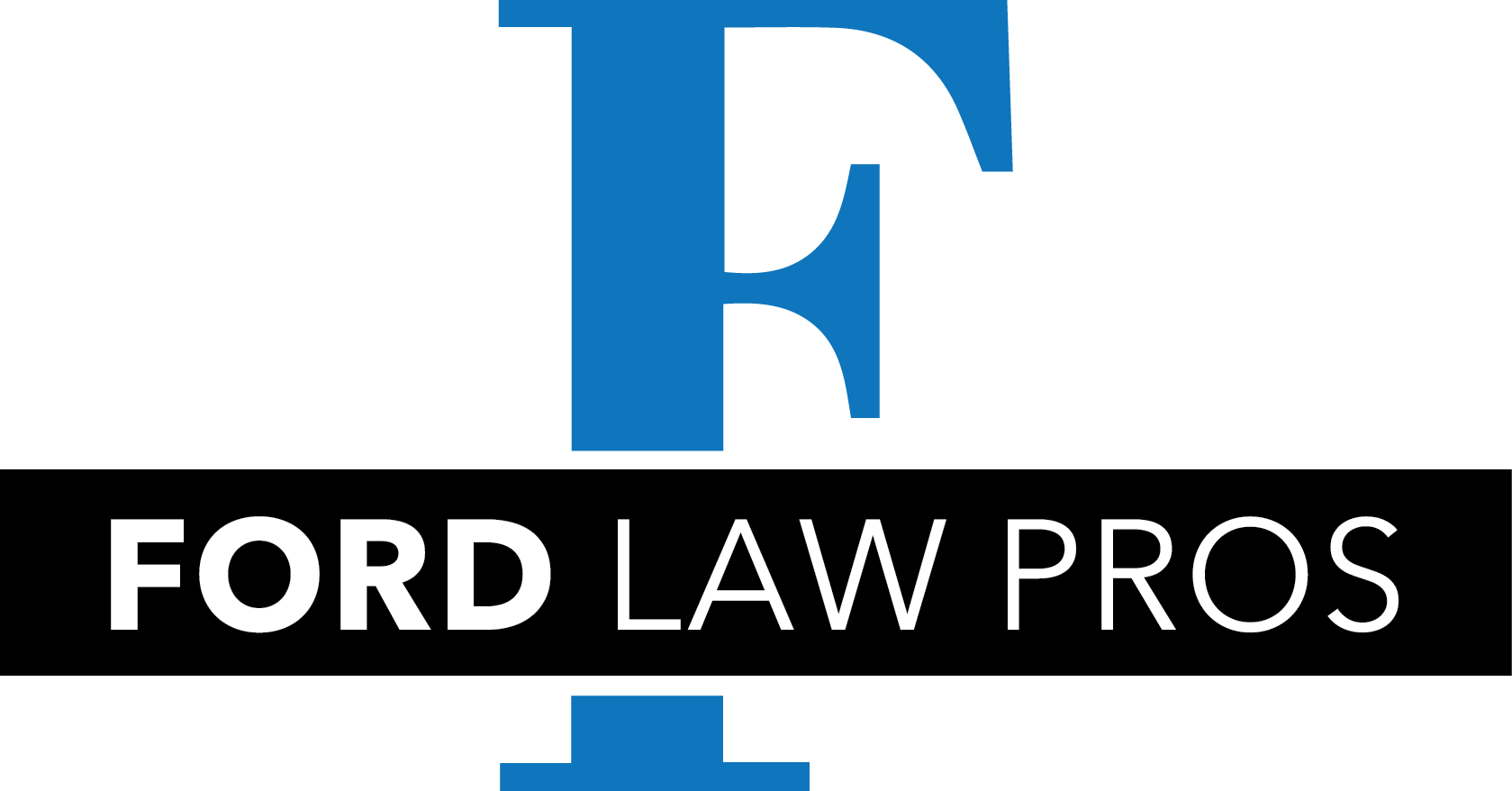The vast majority of my condo clientele have major clashes over enforcing rules. After I have done an investigation into the particular situation that has tempers flaring, I find this common scenario: a problem has arisen that affects that quality of life for certain members in the Association; the Board felt the call to respond and established a policy to address the problem, but may have been ill-advised on how to implement and enforce the new policy. Now an outraged unit owner either claims (a) that they have not committed any violation, (b) there is no proof that they have committed any violation or (c) that the new policy is improper. This blog will focus on the first two claims.
Rules are the price people pay in exchange for all of the benefits of living in a condominium. Your snow will be plowed but do not paint your door red when everyone else’s door is blue. Your lawn will be cut but do not let your pet do its business there. You will have a reserved parking spot but do not allow your guests to park anywhere on the property—ever. In “condo speak” these rules are known as covenants, conditions and restrictions (CC&Rs).
CC&Rs are created by the Association’s Board of Directors to govern the conduct of residents within the community. The rules that get people’s blood boiling the most are rules governing pet behavior, poor maintenance of a unit, and improper home modifications. Things get ugly fast when Boards crack down but there are effective ways to enforce rules amongst those with whom you wish to live peacefully.
To enforce tough rules, Associations should hire inspectors or ask members of the community, who may receive a small fee, to volunteer. The job of an inspector is priceless. They are typically responsible for documenting homeowner’s complaints, inspecting properties, and advising residents if they are not in compliance with CC&Rs. Of course, there is a downside to the job for a volunteer who is also a member of the Association. Getting cursed at and even threatened is very likely when a neighbor is seen as the “evil one” lurking around looking for violations. Therefore, it is best to hire independent inspectors for the job.
The proper process for handling violations should be established with legal counsel because this is where Associations find themselves in the most trouble. The end goal is to achieve majority compliance (at least 99% of the membership) with the rules. The Board will generally accomplish this by giving owners due process. This means providing owners with proper notice, an opportunity to be heard and sufficient time to cure the violation. When due process is given, most complaints will be resolved without the need for further action. In extreme cases (the obstinate 1%), the Board may have to conduct a hearing or even resort to litigation.
The best way to achieve compliance issues is to proactively use inspectors to look for violations. This way problems are resolved before they become serious and expensive.
Subscribe to my blog by visiting my website or follow me on Twitter @yaida_ford

